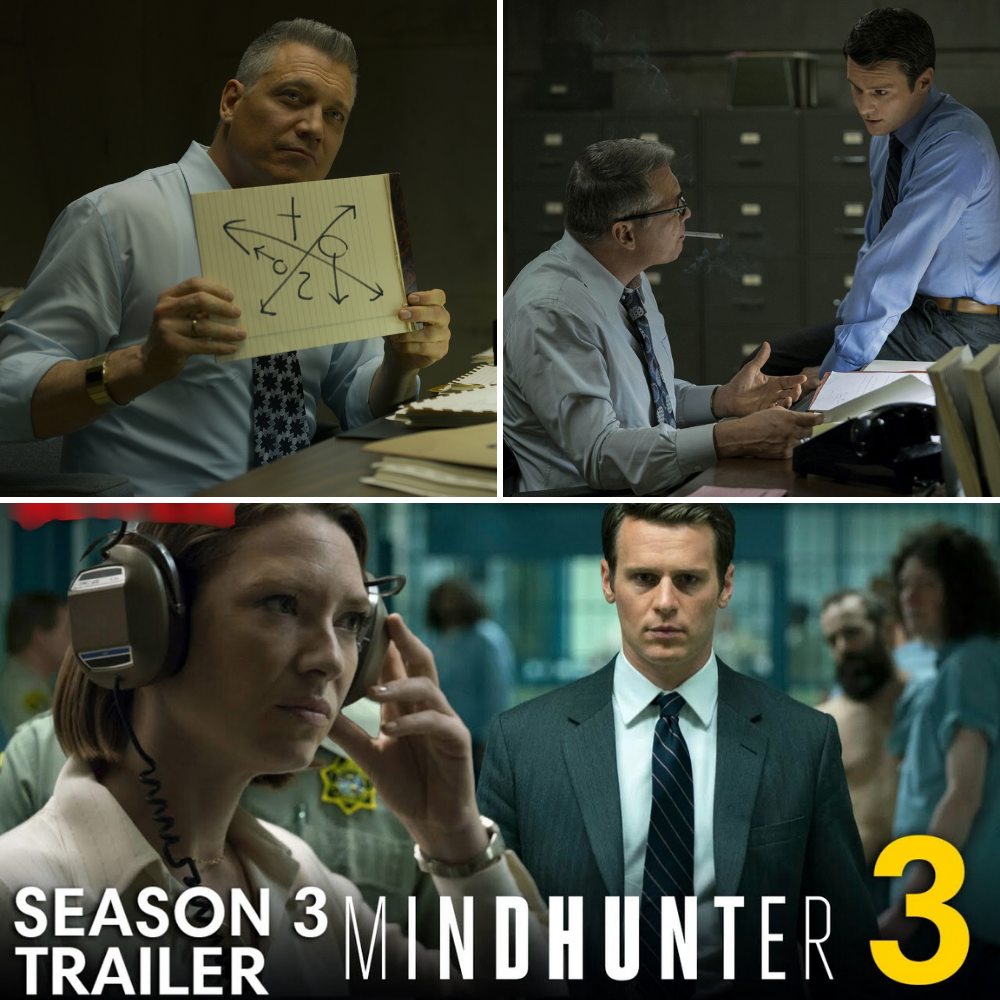
In the heart of the 21st century, humanity stands at the precipice of a technological revolution unlike any other. Artificial Intelligence (AI), once a mere concept in science fiction, has woven itself into the fabric of our daily lives, reshaping industries, redefining human potential, and sparking debates about the very essence of existence. From self-driving cars navigating bustling city streets to virtual assistants answering our every whim, AI is no longer a distant dream—it’s a tangible force driving progress at an unprecedented pace. But as we marvel at its capabilities, questions loom large: Is AI humanity’s greatest ally, or does it herald an era of uncertainty and risk?
The roots of AI trace back decades, with early pioneers like Alan Turing laying the groundwork for machines that could mimic human reasoning. Today, AI systems are powered by complex algorithms, neural networks, and vast datasets, enabling them to perform tasks once thought exclusive to human intellect. These systems don’t just process information—they learn, adapt, and make decisions. In healthcare, AI is revolutionizing diagnostics, analyzing medical images with precision that rivals seasoned doctors. In manufacturing, robots equipped with AI optimize production lines, reducing costs and boosting efficiency. Even creative fields, once considered the bastion of human ingenuity, are not immune. AI-generated art, music, and literature are captivating audiences, blurring the lines between man and machine.
Yet, the rise of AI is not without its shadows. As machines grow smarter, concerns about job displacement intensify. Studies suggest that automation could disrupt millions of jobs in sectors like transportation, retail, and customer service. Truck drivers, for instance, face an uncertain future as autonomous vehicles become more reliable. Retail workers, too, are seeing their roles diminish as AI-powered kiosks and online platforms dominate. While new jobs are emerging—data scientists, AI ethicists, and machine learning engineers—the transition is not seamless. Workers must adapt to a rapidly changing landscape, acquiring skills that complement, rather than compete with, machines.

Beyond economics, AI raises profound ethical questions. Who is responsible when an autonomous vehicle makes a split-second decision that results in harm? How do we ensure AI systems remain unbiased when trained on data that reflects human prejudices? Bias in AI is a well-documented issue—facial recognition systems, for example, have shown higher error rates for certain demographic groups, raising concerns about fairness and accountability. Governments and organizations worldwide are grappling with these challenges, racing to establish frameworks that balance innovation with responsibility.
The societal impact of AI extends to privacy as well. With AI systems collecting and analyzing vast amounts of personal data, from browsing habits to health records, the line between convenience and surveillance grows thin. Smart devices in our homes listen to our conversations, while algorithms predict our preferences with eerie accuracy. The trade-off for personalized services is a loss of control over our data, prompting debates about consent and security. As AI becomes more integrated into our lives, ensuring transparency and protecting individual rights will be paramount.
On the flip side, AI’s potential to solve humanity’s greatest challenges is undeniable. In the fight against climate change, AI is optimizing energy grids, predicting weather patterns, and designing sustainable materials. In education, personalized learning platforms powered by AI are helping students master complex subjects at their own pace. In disaster response, AI-driven drones and predictive models are saving lives by identifying at-risk areas before calamity strikes. These advancements paint a picture of a world where AI amplifies human potential, enabling us to tackle problems once thought insurmountable.
But what of the existential risks? Some of the brightest minds in technology, from scientists to entrepreneurs, have warned of AI’s potential to outstrip human control. The concept of “superintelligence”—AI that surpasses human intelligence across all domains—remains speculative but not implausible. If such systems were to emerge, could we ensure they align with human values? The stakes are high, and the margin for error is slim. Researchers are exploring ways to embed ethical principles into AI, from “value alignment” techniques to fail-safes that prevent unintended consequences. Yet, these efforts are in their infancy, and the road ahead is fraught with uncertainty.

The cultural implications of AI are equally fascinating. As machines take on roles traditionally reserved for humans, they challenge our understanding of creativity, empathy, and consciousness. Can an AI truly “feel” or merely simulate emotions? Philosophers and scientists alike are delving into these questions, probing the boundaries of what it means to be human in an age of intelligent machines. Meanwhile, popular culture continues to shape perceptions of AI, with films and novels oscillating between utopian dreams and dystopian nightmares. These narratives, while fictional, influence how society embraces or fears this technology.
Looking ahead, the trajectory of AI depends on the choices we make today. Collaboration between governments, industries, and academia is crucial to harness AI’s potential while mitigating its risks. Education systems must evolve to prepare future generations for an AI-driven world, emphasizing adaptability and critical thinking. Policymakers must craft regulations that foster innovation without compromising ethics. And individuals, too, have a role to play—by staying informed and engaging in the dialogue, we can shape a future where AI serves humanity rather than subjugates it.
The AI revolution is not a distant horizon; it is here, now, unfolding before our eyes. It is a force of immense power, capable of propelling us toward a brighter future or plunging us into uncharted territory. The question is not whether AI will change the world—it already has. The question is how we will navigate this transformation. Will we embrace AI as a partner in progress, or will we falter under its weight? The answers lie not in the machines we build but in the values we uphold, the priorities we set, and the courage we muster to face the unknown. As we stand at this crossroads, one thing is certain: the future of AI is the future of humanity itself.